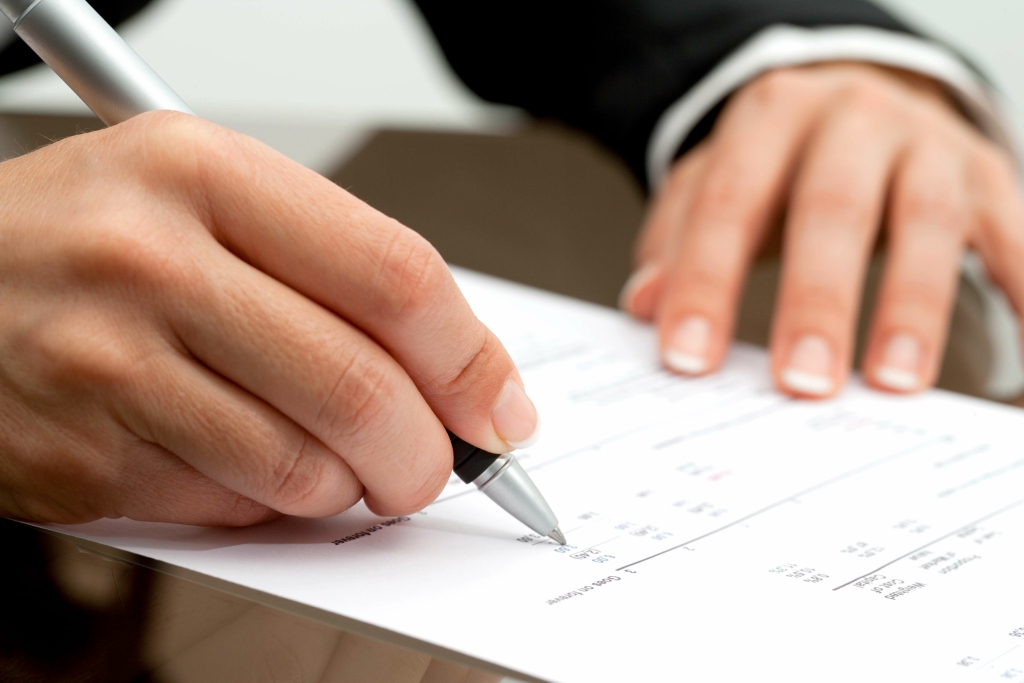
Generally, the 90-day warning is often just meant to encourage the check holder to cash or deposit the check as soon as possible for the sake of convenience for both parties. If you have a check and need to tell stale dated checks if it is expired, there are a few steps you can take. Like personal checks, company-printed checks, such as checks issued by a business for payroll or other purposes, are good for 180 days or six months.
Cashing old checks: How long is a check good for?
- While payroll, personal and business checks expire within six months, money orders do not have a common expiration date.
- Uncashed checks to vendors, contractors, payroll, and shareholder dividends are all potential unclaimed property.
- Before cashing a check after the requested time frame, consider the reason for the payer’s request.
- In the United States, each state has laws about unclaimed property, which includes checks that have yet to be cashed within a certain time.
- A stale, or stale-dated, is an old check that has not been cashed for over six months.
The six-month time frame generally applies to personal and business checks — including payroll checks. If somebody fails to deposit or cash a check you wrote, they may have difficulty negotiating the check after six months. However, you still owe the money, and banks can choose to process the payment. Typically, banks print the words “void after X days” on cashier’s checks that can go stale. If you’ve found a “forgotten” cashier’s check, look for this disclaimer. After the expiration date, the bank may consider the funds unclaimed property and transfer them to the state in a process called escheating[2].
What Happens If a Check Is Never Cashed?
Support our advertisers and sponsors by clicking through to learn more about their products and services. First, determine if it is a live check or not (such as an automatic withdrawal or credit card charge). Make sure that a replacement check was not cut or an order cancelled. If a replacement check was cut, then void the outstanding check. Some courts have found those time-limiting statements to be unenforceable, but don’t count on that in every case.
Closed Accounts
If the stale check is returned for any reason, then a person’s bank may charge a fee for returning the check to the person. They may then reverse the deposit if the funds were not placed on hold. Generally speaking, banks or other financial institutions have the right to refuse or reject a stale check. Checks can become stale or outdated after a certain amount of time has passed. Assume a person receives a check that is more than 180 days old. Depending on the circumstances, a bank may refuse to honor the check and will not allow the person to deposit or cash the check.

This facilitates a more seamless payment experience for both the sender and the receiver. Checks from federal agencies are normally valid for approximately a year, but expiration dates for checks from state and local governments may vary. GOBankingRates’ editorial team is committed to bringing you unbiased reviews and information. We use data-driven methodologies to evaluate financial products and services – our reviews and ratings are not influenced by advertisers. You can read more about our editorial guidelines and our products and services review methodology.
Other types of checks
- Checks can be a convenient way to make and receive payments.
- We are an independent, advertising-supported comparison service.
- Banks might not accept a cashier’s check for deposit after 90 days because the issuing bank could return the check unpaid after that time.
- Checks have been in use for a long time and are considered to be a convenient mode of transaction by most businessmen.
- Different types of checks are valid for different amounts of time.
- Even if the payee never cashes the stale check, this doesn’t mean that your business receives extra cash.
- This could help you avoid any surprise fees because of negative balances.
Sometimes, the issuing bank may mention an expiration date on the check. The only exception is a certified check, which must be honored even after 180 days. It’s also a good idea to monitor your account and keep an eye out for outstanding checks that you’ve written. That way, you’re not only aware of your financial standing, but also shielding yourself from issuing a check when there aren’t sufficient funds to cover it. Ruled that banks can retrieve funds after the issuer’s requested void period unless that person specifically instructed the bank not to honor the check after that time frame. As a result of the difference in the state rules, the time required for a check to become stale also varies for the various states in the U.S.


